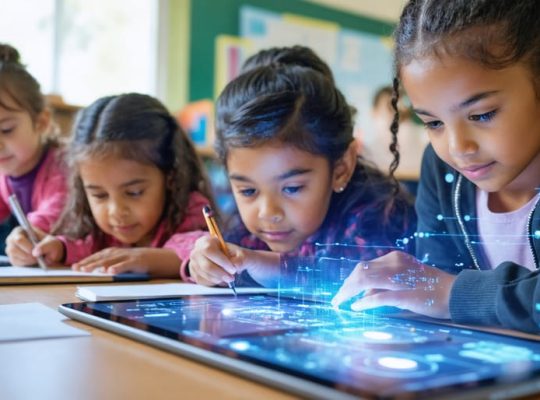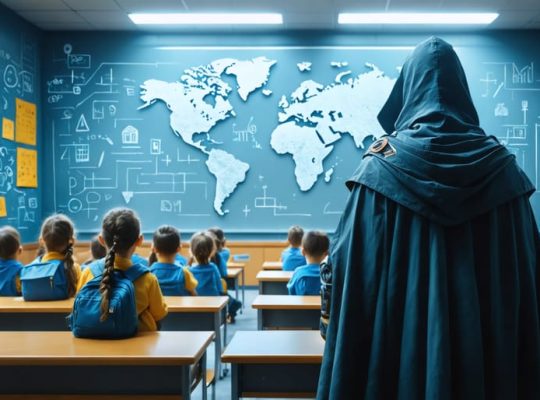How Parental Substance Abuse Shapes Your Child’s Future Mental Health
Substance abuse sends shockwaves through families, affecting every member in profound and lasting ways. For children impacted by parental substance use, the effects can shape their emotional development, mental health, and future relationships. Each day, countless families navigate the complex maze of addiction, facing challenges that range from financial instability and emotional trauma to broken trust and disrupted routines.
Yet understanding these impacts is the first crucial step toward healing. …










